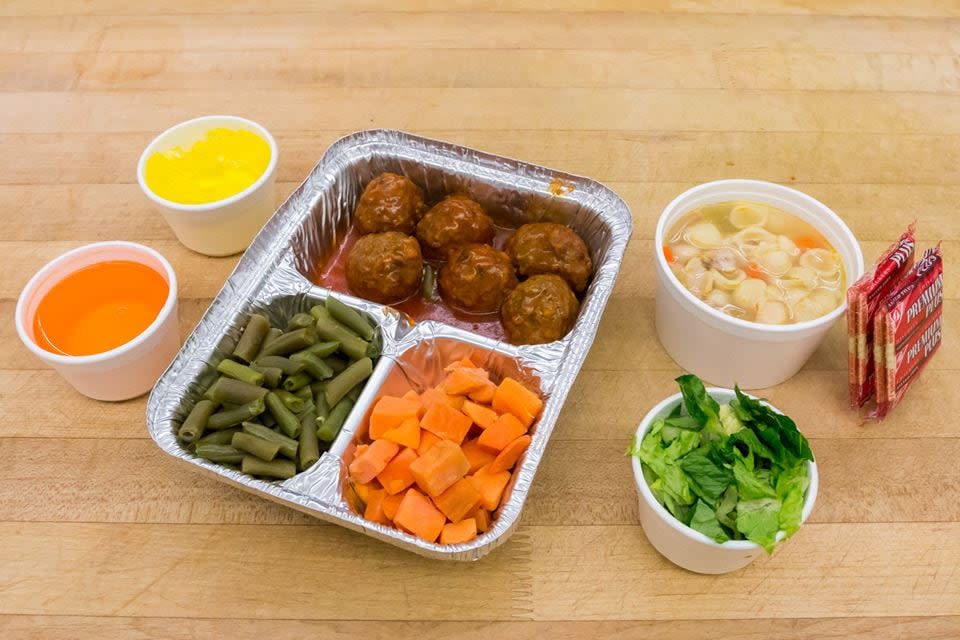Hunt for volunteers is on as Meals on Wheels P.E.I. rolls out next phase of rural meal plan

Meals on Wheels P.E.I. is expanding its services to cover more of the Island, and has selected the communities from which it will distribute healthy and accessible food. Now it needs the key ingredient: volunteers.
Provincial co-ordinator Haley Zavo says the hub communities for meal delivery will be Tignish, New London, Bordon-Carleton, Crapaud, Rustico, St. Peters, Vernon River, Belfast and Eastern Kings.
The not-for-profit meal delivery service, with 12 chapters on the Island, launched the first phase of its Rural Routes program in March.
While exciting, it's been "quite a thing to lift off the ground," Zavo said. "I think that Meals on Wheels offers something a little different in our communities in terms of access to food."
Because a lot of the people who use the service have mobility issues, she said having volunteers deliver ready-made meals "in a friendly way" for just $5 each provides not just nourishment but also a meaningful community connection.
Zavo said the hub communities were picked based on information provided by the 12 chapters, who knew were the underserviced areas were.
"We could plot it pretty easily on a map where the gap areas were, and imagine where we might be able to help with that service."
Seeking connectors, drivers and champions
Now comes a challenge: finding people to make it all work.
"We have a few different potential roles for volunteers," Zavo said. "One… is kind of a community connector. We can really use good organizers in communities, who know people that could support in activating their community in delivering meals. That could be someone with really good organizational skills, or someone who likes to make phone calls."

Meals on Wheels hopes to provide access to meals to more of the Island. Pictured is an example of a meal delivered by the Sudbury, Ont. chapter of Meals on Wheels. (Meals on Wheels - Sudbury/Facebook)
She said the backbone of Meals on Wheels has always been the volunteer drivers who actually deliver the meals — and the service needs plenty of those.
The final group of volunteers they need would be what Zavo calls "community champions" — people who know the value of meal delivery for local people with accessibility issues, and who are willing to spread the word.
The hours are flexible, Zavo said; volunteers could work as little as an hour per month or a lot more. Each weekly visit will leave clients with up to seven frozen meals, so that they can enjoy one per day.
They're also still accepting clients, people who want access to the service.
The $5 price for each meal is subsidized with an eye to affordability, Zavo said.
"We do also acknowledge that sometimes cost can be a barrier, so if folks are in a situation where they … can't pay the $5, then we can make arrangements."
Islanders interested in volunteering can reach out by emailing ruralroutes@mowpei.org, or they can call 902-916-9423 to speak to the volunteer co-ordinator.


